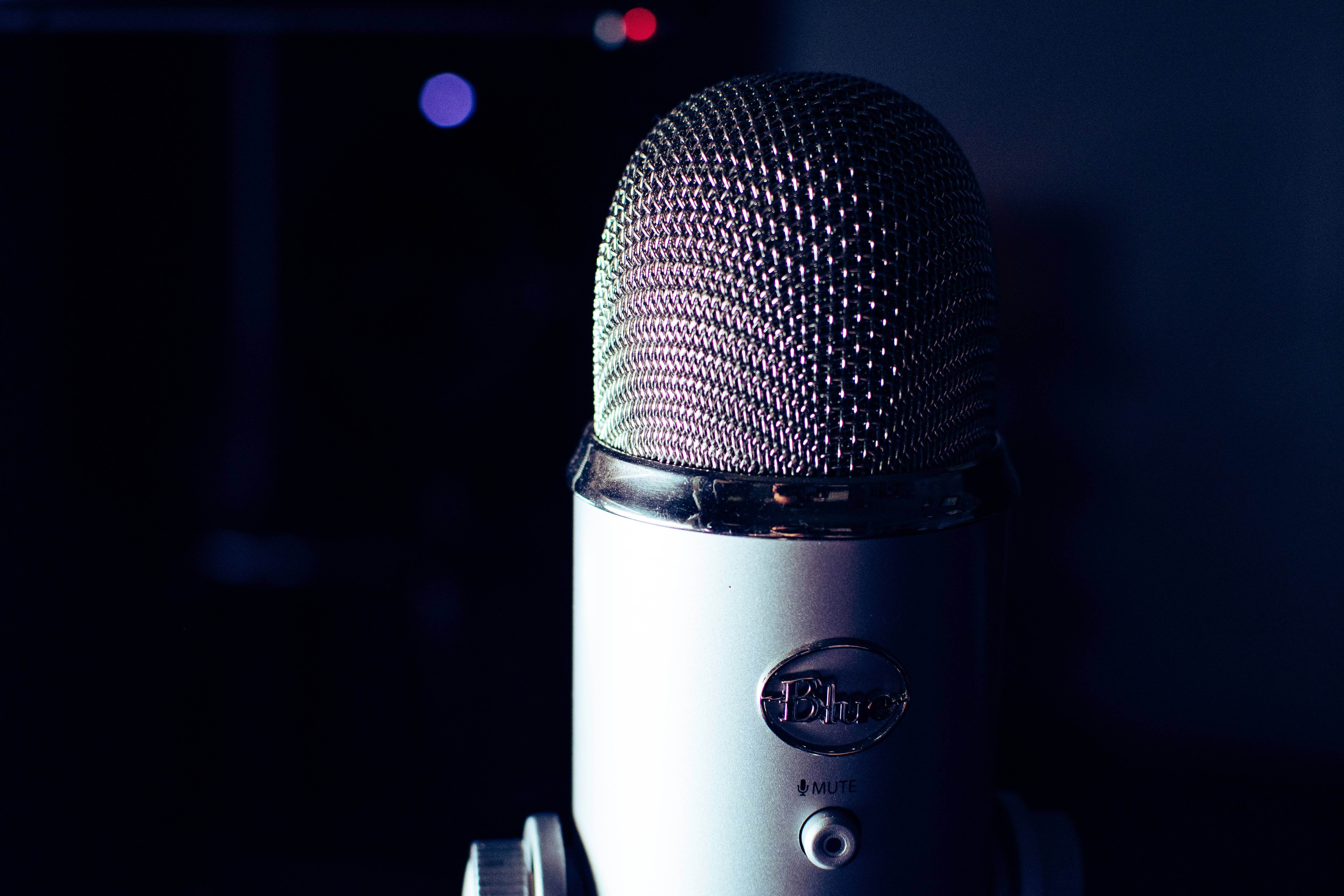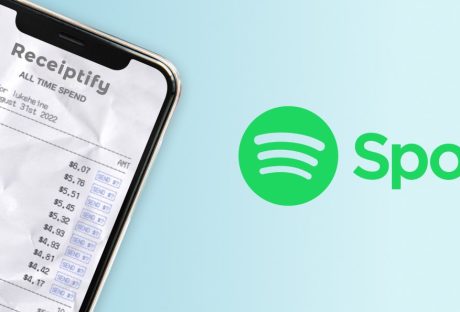There are certain things in life that everyone would like to do. Most people would place ‘learning to play an instrument’ at the top of this list. After all, it is an impressive skill that can easily be used to entertain and wow people.
Well, the good news is that if you are considering picking up an instrument and learning how to play it, there are a number of advantages at your disposal. See, scientists have discovered that training to become a musician can actually improve your brain in terms of memory, planning capability, and information processing speed. This is true, even if you are an older adult!
So, as you can see, you really shouldn’t wait any longer to pursue this passion. However, if you are a little confused as to how to get started with the learning process, don’t fret. Here, you will find all the information and details that you need to know.
What Instrument Should You Play?
Now, if you were to take a poll, you will quickly find out that everyone has their own idea of what the ‘best’ instrument is. This can make it a lot more confusing to figure out which you should actually take up. In this instance, it can actually be helpful to ignore the advice most people give. What you should do instead is to take up the instrument you are actually passionate about. This way, you are much more likely to stick with it and actually learn how to play it. So, if you have always wanted to play the drums, then this is exactly what you should do!
If you don’t really have an instrument in mind, what should you do then? Well, even in this case, there is a good chance that you have one preference over others. So, start with that to determine if you will actually grow to like it. If you find that it isn’t the instrument for you, then simply give something else a try. You will find that the process of trial and error, despite being lengthy, will often help you find the answer that you are looking for.
How Should You Choose Your Instrument?
Even after you have settled on a specific instrument, you may find it challenging to determine what brand or model you should start with. Here, it is best if you look online for some expert suggestions. This will allow you to get the perspective of experienced, talented musicians, increasing the likelihood that you get the right instrument for yourself.
Another option would be to head down to your local music store. You are bound to find employees that are well-versed in advising novice musicians on what instrument to buy. This avenue will also provide you with the opportunity to try out some of the brands and models for yourself to see if there is one that clicks with you. Nonetheless, you may not actually want to buy an instrument from such a store. To help save money, you may want to check out prices online. You will probably be able to find what you are looking for at a lower price.
Understanding Your Options for Learning:
So after narrowing down your instrument options and purchasing one, the next thing on your list would be to learn how to play it. Once upon a time, your only real choice would have been to find a music teacher who operated in the same area as you did. While this is still one of the more popular options, there are also a number of other avenues.
These days, you have the opportunity to decide how you want to learn to play an instrument. For instance, if you do want a teacher, there necessarily isn’t a need to have to go to a physical studio. Instead, there are now a number of tutors who operate over the internet, mostly over platforms such as Skype. Here, you will be taught how to play your instrument without ever having to leave the comfort of your home.
If you feel like a tutor is a little bit too expensive, then you can go down the self-teaching route. If you prefer an old-fashioned method, you can always opt for music books – of which there are many. These days, however, free online tutorials are often a much better alternative. Here, experienced musicians will walk you through how to play various instruments. In many instances, they will even break down how to play some of your favorite songs.
In the end, it is all about determining what option works for you best. Some people thrive under close and strict instruction while others need the freedom to learn at their own pace. Just try out both options and figure out which one affords you more progress.
Set a Goal for Yourself:
Before you actually start playing the instrument, it can be useful to set a goal for yourself. What this is, is entirely up to you. For some people, their main goal is to learn how to play their favorite music. Others, want to master every aspect of a particular instrument. Once you have narrowed down your long-term goal, you should try to break it down into smaller objectives. This can help you to track your own progress and can even act as motivation for you to keep going. So, try to set an aim for yourself every week if you can so that you can stay consistent in terms of practice and effort.
Prepare for Disappointment:
Everyone has an idea of what a particular instrument should sound like. For instance, in your mind, you will be able to imagine the tinkling of ivories or the light tapping of a drum set. Well, the truth is, in the beginning, you probably won’t sound anything like what you imagined. In fact, you may end up creating truly horrific noises when you first get started playing. Now, it can be easy to feel discouraged at this point and want to give up immediately. However, you should keep in mind that even the greatest musicians sounded awful in their early years.
The other thing that you shouldn’t worry about is the fact that you may not make progress as quickly as you would like. It is vital to remember that it isn’t easy to learn how to play an instrument. Your mind and body have to be able to grasp a number of different techniques and then figure out how to coordinate with each other. Due to this, there is a good chance that it may take you a bit longer than you first anticipated to master an instrument. Well, there is absolutely nothing to be ashamed of – it is completely natural. The only thing you should focus on is succeeding at your current task, regardless of how long it takes.
Remember That Practice Makes Perfect:
When you watch other people play an instrument, they can often make it look so effortless. This is why a lot of people forget that it actually takes quite a bit of practice to become so good. Most professional musicians practice around six to eight hours each day. Of course, you probably don’t have so much time to spend on your hobby but you don’t need to practice this much either. The key here is to set a realistic practice schedule for yourself so that you are actually able to stick with it.
Depending on how much free time you have, try to spend at least 30 minutes to half an hour each day, mastering your musical instrument. If you don’t have a lot of spare time, try breaking your practice up into smaller time slots. Try to practice for 30 minutes in the morning and then spend another half-hour in the evening perfecting your skills.
Don’t Forget to Have Fun:
When you are focused on becoming better, it is easy to be overtaken by the technical aspects of the process. As a result, you might forget to actually enjoy yourself and this can be a real shame. It is important to keep in mind that you are learning to play an instrument for yourself. So, you really should be enjoying this time. If you find yourself getting frustrated, try to switch tactics for a short while. Take a break and try to learn a short, crazy tune just so that you can help yourself ease up a bit. After all, there isn’t too much sense in continuing if you aren’t having fun.
Join Other Beginners:
If you are used to playing by yourself, it can be easy to lose your passion for the project. This is why you may want to try joining up with other musicians every now and then. Since this can be a rather daunting thing to do, it may be best to meet up with others who are at a similar learning stage. This way, no one has to feel embarrassed or self-conscious. Instead, everyone can just focus on having a good time and putting together a fun jam session.
So, this is all you need to know about learning to play an instrument. While it can be a bit tough in the beginning, you should keep in mind that it does get better – and so will you so. Trust in yourself and never give up!
Read Also :





















